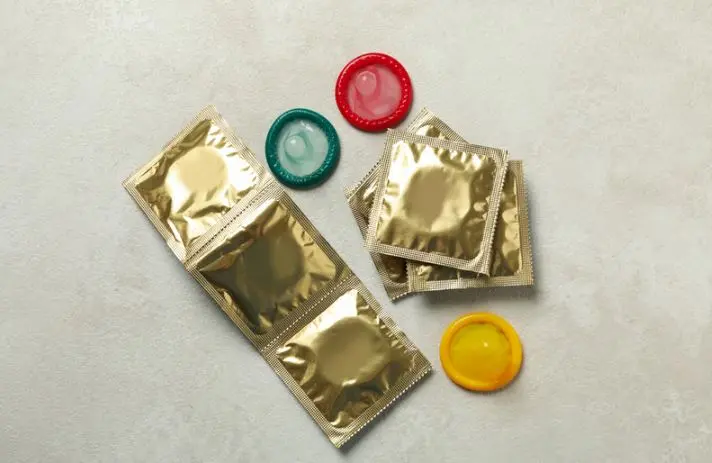This month, we’re putting the spotlight on one of the most common yet often silent sexually transmitted infections (STIs) – chlamydia. If you’re sexually active, understanding this STI is essential for maintaining your sexual health. Let’s dive into what you need to know about chlamydia, how it spreads, and what steps you can take to protect yourself and your partners.
What Is Chlamydia?
Chlamydia is a bacterial infection caused by Chlamydia trachomatis, which primarily affects the genital area but can also infect the rectum and throat. The infection is most common among young adults aged 15-24, though anyone who is sexually active is at risk.
What makes chlamydia tricky is that it often doesn’t present any symptoms—around 70% of women and 50% of men with chlamydia don’t notice any signs at all. This means you can have it and pass it on to your partner without even knowing.
How Is Chlamydia Transmitted?
Chlamydia is spread through unprotected vaginal, anal, or oral sex with an infected person. It’s also important to note that you don’t have to experience ejaculation to transmit or contract chlamydia. Sharing sex toys without cleaning them properly or covering them with a new condom between uses can also spread the infection.
Pregnant women with untreated chlamydia can pass it to their babies during childbirth, leading to potential complications such as eye infections or pneumonia in newborns.
What Are the Symptoms?
As mentioned, most people don’t experience symptoms, but if they do, the signs can appear a few weeks after exposure. Common symptoms in men and women include:
- In Women: Unusual vaginal discharge, pain when urinating, lower abdominal pain, pain during sex, or bleeding between periods.
- In Men: Discharge from the penis, pain or burning while urinating, and sometimes testicular pain or swelling.
It’s important to remember that even without symptoms, untreated chlamydia can lead to serious long-term health complications, such as pelvic inflammatory disease (PID) in women, which can result in infertility.
How Can You Get Tested?
Chlamydia testing is simple, quick, and usually free at sexual health clinics. You can provide a urine sample, or for women, a self-swab from the vaginal area. Testing is essential if you think you may be at risk, even if you’re not experiencing symptoms. Order your free STI self-test kit via our online portal here.
Treatment and Prevention
The good news is that chlamydia is easily treated with a short course of antibiotics. Both you and your partner(s) should be treated at the same time to prevent reinfection. It’s important to avoid sexual contact until treatment is complete and follow-up tests confirm that the infection is gone.
To reduce your risk of contracting chlamydia (and other STIs), consider these preventive measures:
- Use condoms every time you have vaginal, anal, or oral sex. Order free condoms using our eC-Card app here.
- Get tested regularly, especially if you have new or multiple sexual partners. For information on STI self-test kits, click here.
- Communicate openly with your partner about sexual health and STI testing.
Why It’s Important to Get Tested Regularly
Regular STI screening is crucial for catching infections like chlamydia early. Since chlamydia often presents without symptoms, many people unknowingly carry and spread the infection. Left untreated, it can lead to serious complications, including infertility, so early detection and treatment are key to staying healthy.
Final Thoughts
Chlamydia is a common STI, but the lack of symptoms means it often flies under the radar. By getting tested regularly and practicing safer sex, you can protect yourself and your partners from the potential long-term effects of untreated infections. If you think you may be at risk, don’t hesitate to book a test at one of our sexual health clinics today.
Stay informed, stay safe, and remember that when it comes to your sexual health, regular testing is one of the best steps you can take!
For more information about STI testing or to find a clinic near you, visit your Essex Sexual Health Service.


